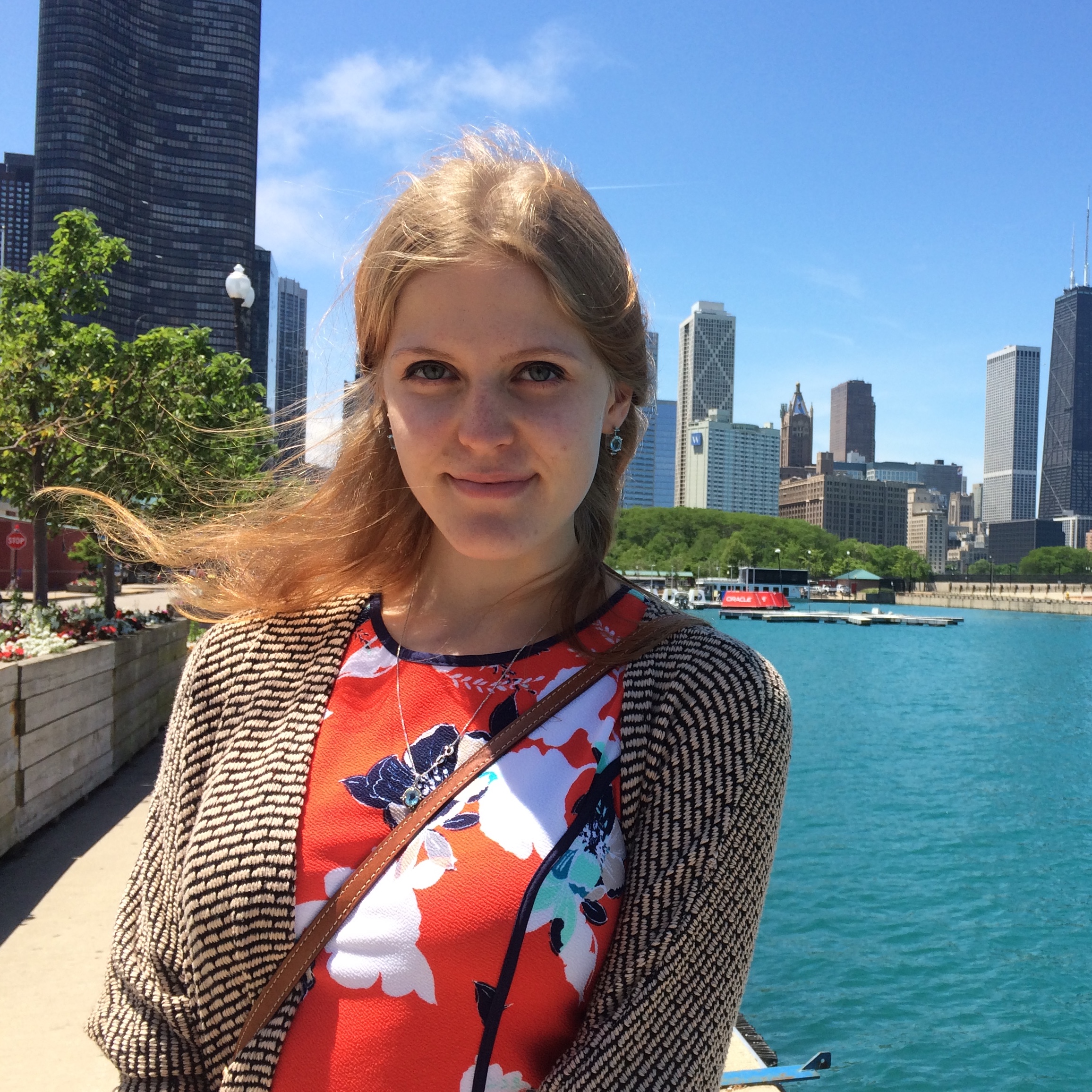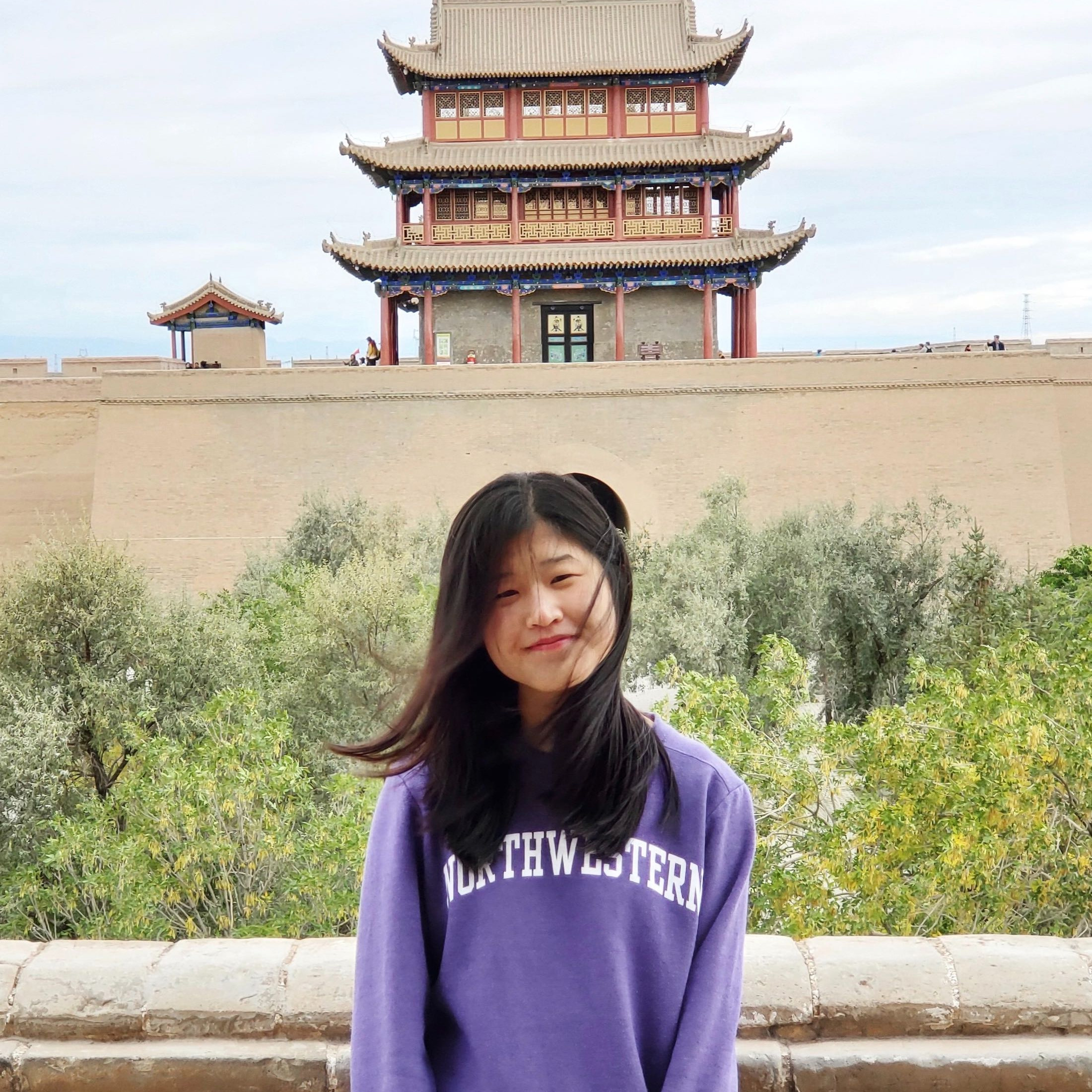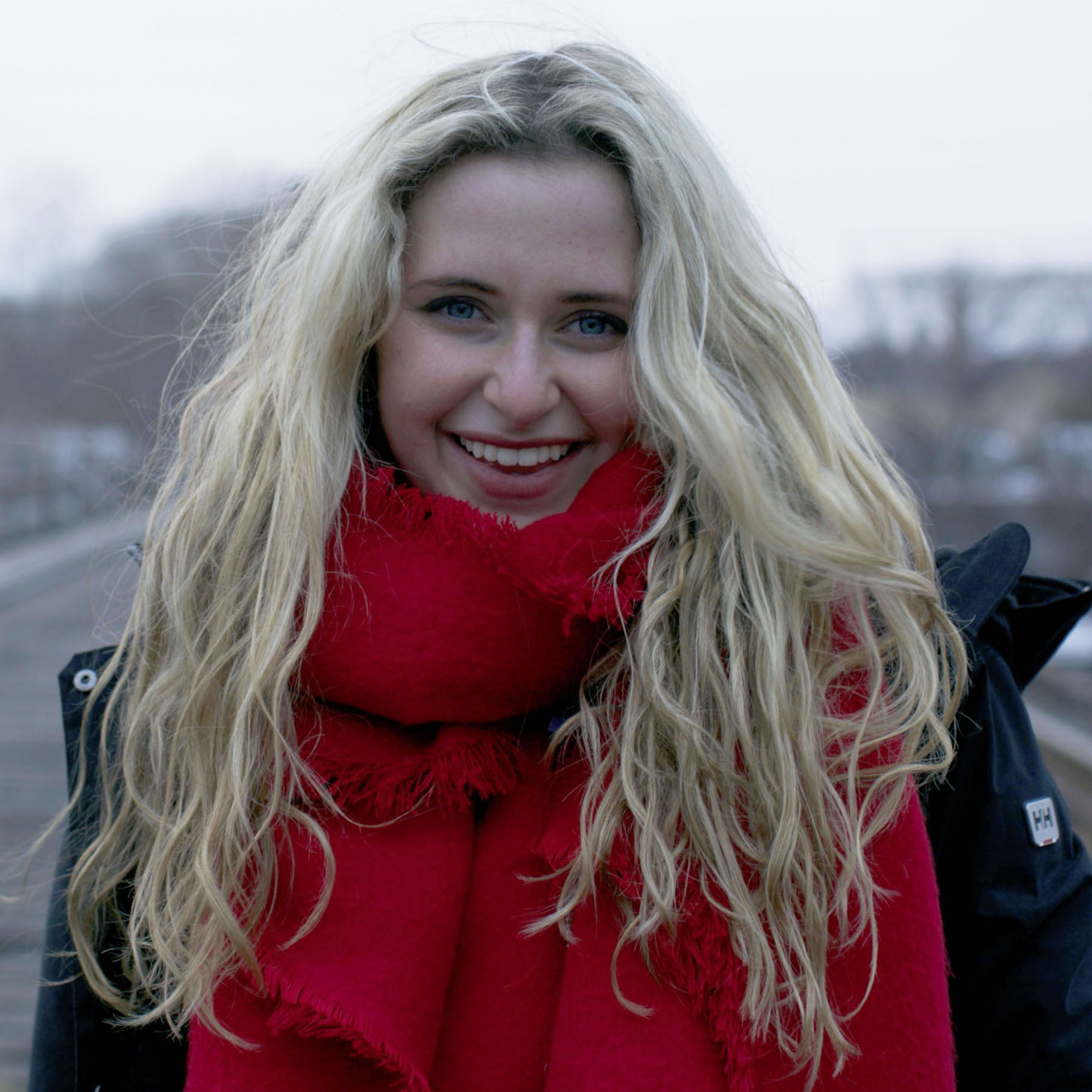Three Students Receive Honorable Mention in CRA Undergraduate Research Awards
Computer science undergraduates Ulyana Kurylo, Alisa Liu, and Maxine Whitely received honorable mentions in the Computer Research Association’s 2020 Outstanding Research Award Program. The nationwide award program recognizes undergraduate students who show outstanding research potential in computing.
This year’s nominees included students who made significant contributions to more than one research project, authored multiple papers, made presentations at major conferences, produced software that gained widespread use, or were involved in summer research as teaching assistants, tutors, or mentors.
Ulyana Kurylo (’20)
Adviser: Jason (Willie) Wilson
Kurylo’s research centers on predicting when a user needs assistance in a human-robot collaboration task based on where the person is looking. Kurylo’s research is specifically geared toward assisting older adults with day-to-day tasks such as medication management. This work has implications in the field of social robotics, as it can help create a more seamless user interaction as well as provide timely assistance when necessary. Kurylo presented work on gaze models for use in assistive agents in November at the 11th International Conference on Social Robotics in Madrid and will continue research in 2020 to validate gaze models across a variety of tasks and agents. Moving forward, this work will be integrated with several other cues, such as voice and gestures, to develop a holistic representation of when a person needs assistance and more accurately predict these moments in time.
Alisa Liu (’20)
Advisers: Doug Downey, Bryan Pardo, and Prem Seetharaman
Liu’s research interests include natural language processing, machine learning, and machine processing of audio and music. In one project she contributed to the creation of a common-sense question-answering dataset, in which the questions were collected among Northwestern’s own machine learning students. This led to a workshop paper at NAACL 2019. In an ongoing project, she developed a system that generates definitions for noun compounds (eg, “coffee problem: the problem of finding coffee”). In the realm of computer audition, Alisa built an ensemble model for audio source separation that works for mixtures where the source domain is unknown. This was submitted as a first author paper to ICASSP 2020. She is currently developing a new method for dataset augmentation in music generation. She has peer-mentored the machine learning (CS 349) and algorithms (CS 336) courses at Northwestern.
Maxine Whitely (’20)
Advisers: Haoqi Zhang and Nell O’Rourke
Whitely is researching how to help intermediate web developers learn to implement professional programming techniques so that they can build professional-quality website features. While there are many tutorials for novice programmers to learn basic web development skills, there are very few learning resources to support the progression from writing basic programs to authoring professional-level code. Whitely is in the process of building a tool called Scaffolded Exercises, which uses a website’s source code to create a number of exercises connecting backend program logic to the corresponding visual output. Through guided exploration of the visuals of a feature and access to the values of the live-updating variables that are most relevant to on-screen updates, developers can get a sense of a program's interdependencies, component control, and event-driven architecture. Then, as they explore the code, developers can use their concrete observations of how visuals and variable values are changing in order to create a conceptual model of how the feature is being implemented.
